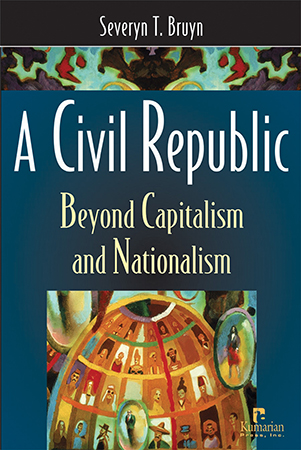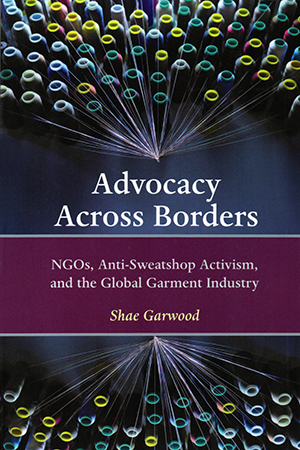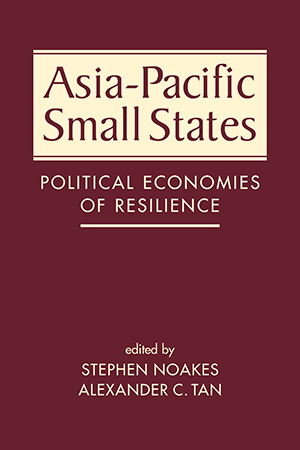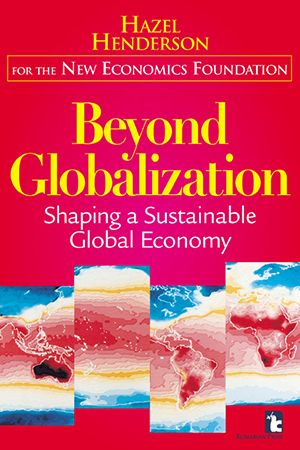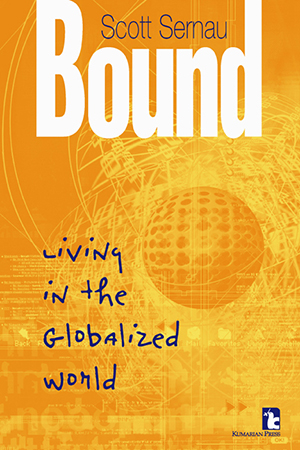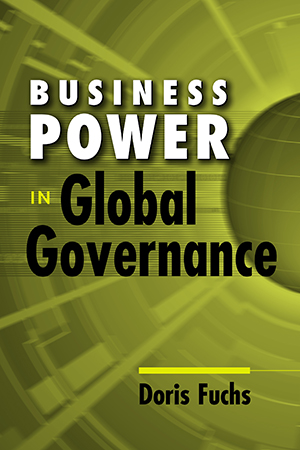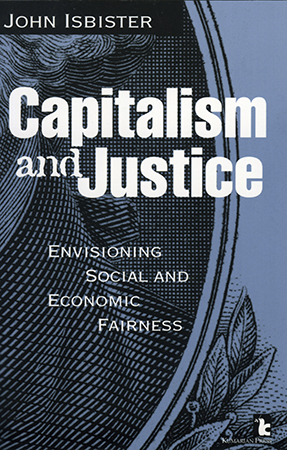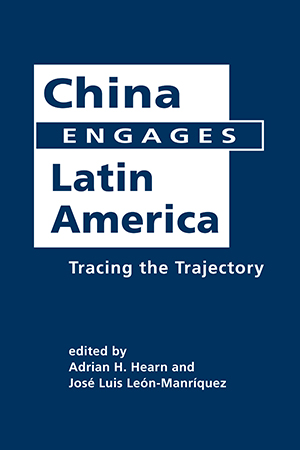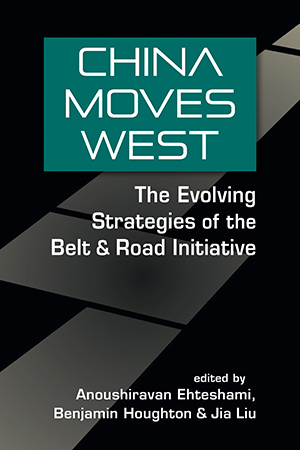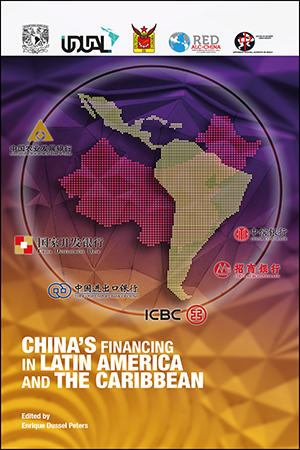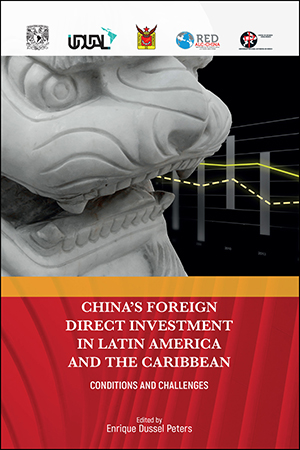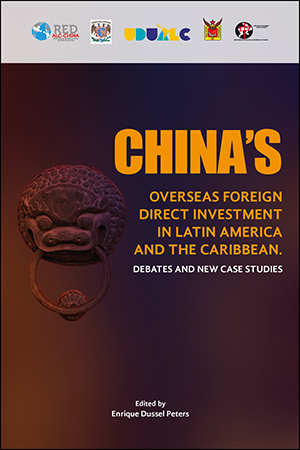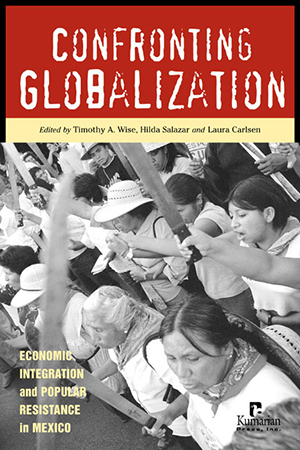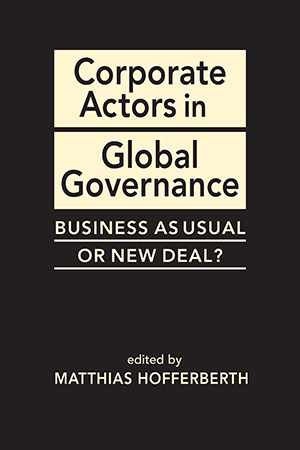International Political Economy
Severyn T. Bruyn argues that—in a world of injustice, ecological destruction, violence and instability, weapons of mass destruction, and the rise of authoritarian government—our More >
Particularly compelling reading after the April 2013 building collapse that killed more than 1,000 garment workers in Bangladesh, Advocacy Across Borders explores the strategies, More >
Both the spread of Covid-19 and the intense US-China rivalry have been sources of stress for national economies throughout Asia Pacific. The authors of Asia-Pacific Small States, eschewing More >
Renowned economist and commentator Hazel Henderson’s critique of globalization sets out a panoramic vision of the changes required to reshape the global economy in the interests of More >
In his accessible, straightforward introduction to one of the key issues of our time, Scott Sernau explores the trends and practices have brought us to this new global century and then More >
Has the political power of big business, particularly transnational corporations (TNCs), increased in our globalizing world? What, if anything, constrains TNCs? Analyzing the role of More >
In Capitalism and Justice, John Isbister takes a practical approach to some of the most important questions of economic and social justice in the context of the global economy: How big a More >
What inroads is China making in Latin America? In China Engages Latin America, experts from three continents provide local answers to this global question. The authors explore the More >
In September 2013, Xi Jinping announced the launch of a Chinese-led megaproject, the Belt and Road Initiative, that would transform Asia's position within the global economy. Some ten More >
Over the first two decades of the twenty-first century, China has become not only the world's largest economy, but also its largest exporter, a major importer, and the second largest More >
In recent years, China's explosive outflow of foreign direct investment (FDI) globally can be measured in the hundreds of billions of dollars, with close to 10 billion of that going each More >
Enrique Dussel Peters and his colleagues continue their ongoing investigation of China's overseas foreign direct investment (OFDI) in Latin America and the Caribbean (LAC) in this latest More >
Is the current model for economic globalization good for the poor or the environment? Are there alternatives? Amid rising worldwide protests that corporate elites wield too much influence More >
International political economy is both a discipline and a set of global practices and conditions. This volume explores how the two are related, illustrating the changing character of the More >
What part do/should corporate actors play in global governance? With regard to concerns over such issues as public health, education, human rights, and the environment, they arguably are More >



